Grow your own sleep aids: The houseplants that can help you sleep better
updated on Sep 12, 2023
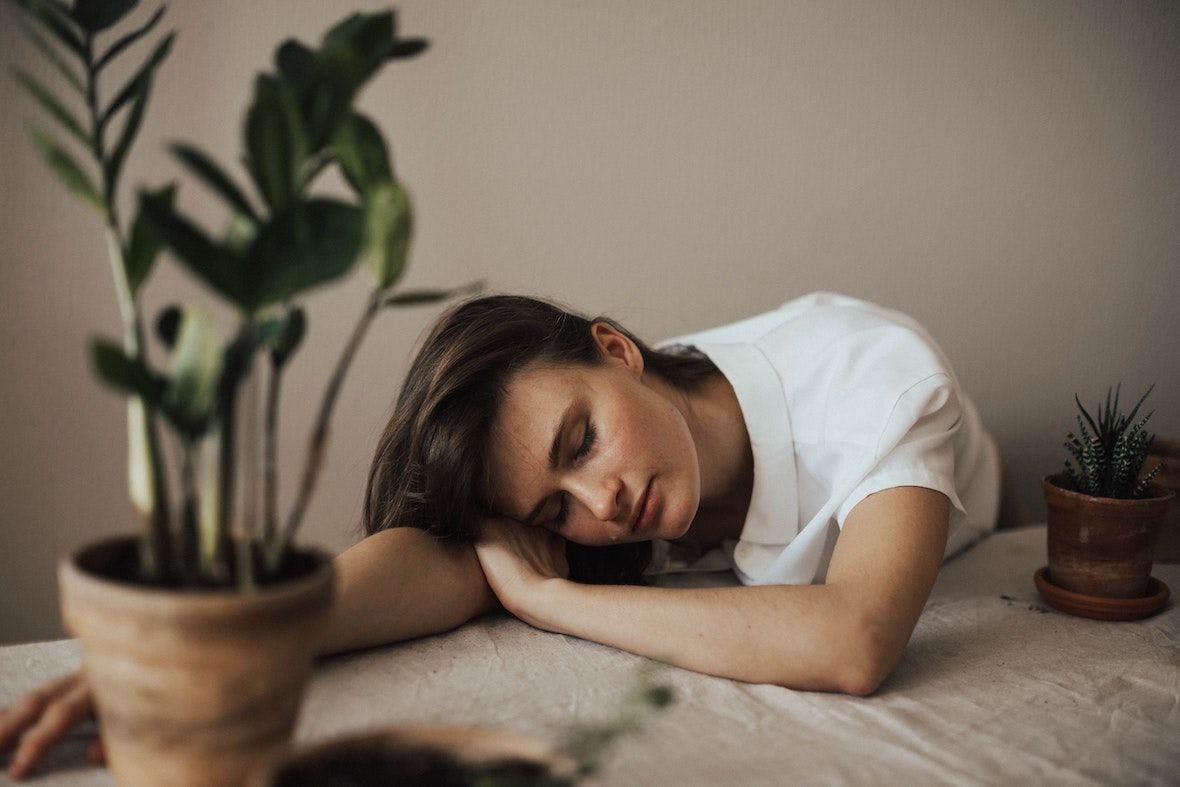
Discover the houseplants that can have a powerful effect on your home environment, and create the perfect atmosphere for sleep
Plants: we eat them, we drink them, but do you ever think about how we breathe them, too?
It seems obvious that beautiful plants create a tranquil atmosphere, perfect for winding down before bed. But now there’s increasing discussion around how greenery can detox our air, as well as our minds, when kept in the confines of our homes, making it easier to sleep.
Most plants only release oxygen during the day, but some pump it out at night too, meaning cleaner air and easier breathing. This promotes a deeper sleep, and helps you drift off faster, too. Just what you need after a hard day. In fact, a 2015 study of university students found fresher bedroom air, with lower CO2 levels, lowered sleepiness the next day and improved their concentration levels.
So, what should you look out for when creating your blooming boudoir?
“Look for plants with air purifying qualities,” Thomas Høegh Reisenhus, a sleep specialist at mattress company Tempur, says. “These include the visually striking snake plant, perfect for larger bedrooms, the easy-to-care-for spider plant or, if you’re tight on space, opt for a pint-sized money plant.”
No matter what kind of gardener you are, there is a soothing shrub for everyone – whether you could give Monty Don a run for his money or have a tendency to, shall we say, have a fleeting relationship with new vegetation.
Here are a few to get you started:
Lavender
This purple perennial has a gorgeous soothing scent, so it’s no wonder lavender is used for essential oils and relaxing spa treatments. Normally seen outdoors, lavender can also be brought inside, has air-purifying qualities, and has been shown to reduce anxiety, lower heart rate, and promote relaxation.
In a study published in the Journal of Alternative and Complementary Medicine, participants who inhaled lavender essential oil before bedtime reported improved sleep quality, and felt more refreshed in the morning.
Lavender needs at least three hours of direct sunlight a day and dousing in water, but only when the soil has become slightly dry.
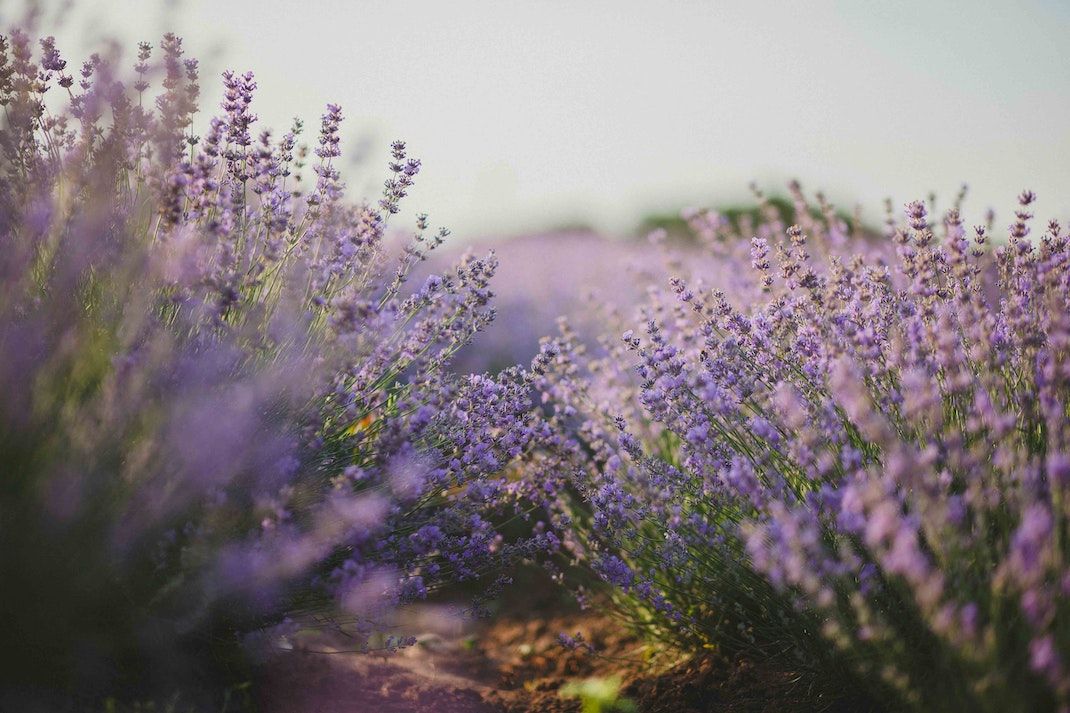
Jasmine
The scent of jasmine was found to improve sleep efficiency and reduced sleep movement in a study by Wheeling University, in West Virginia. And it was shown to have sedative effects on the central nervous system in a study published in the Journal of Biological Chemistry.
German researchers found the scent ‘vertacetal-coeur’ – which derives from the Gardenia plant family that includes Cape jasmine – successfully enhanced GABA activity. GABA is a chemical that helps to regulate anxiety, stress, and fear by blocking signals to your brain.
“This can help you fall asleep faster and wake up feeling more refreshed,” Carlie Gasia, certified sleep science coach at Sleepopolis says. “The sweet scent of jasmine has a calming effect on the body, and can help reduce anxiety and improve sleep quality.”
If you can’t find a plant, drinking jasmine tea, or using jasmine oil, can also help soothe the mind.
Although jasmine is usually grown outside, you can bring its calming fragrance indoors with careful supervision. Place your plant where it can get six or more hours of sunlight a day – bright but indirect light is ideal. Water regularly, but don’t let the soil get soggy. To maintain humidity, place the aerated plant pot on a tray with some gravel or stones. Keep the bottom of the tray watered, but don’t let the plant sit in the water itself (and remember to water the soil as usual)! It actually doesn’t like the temperature too hot – thriving between 15°C and 23°C.
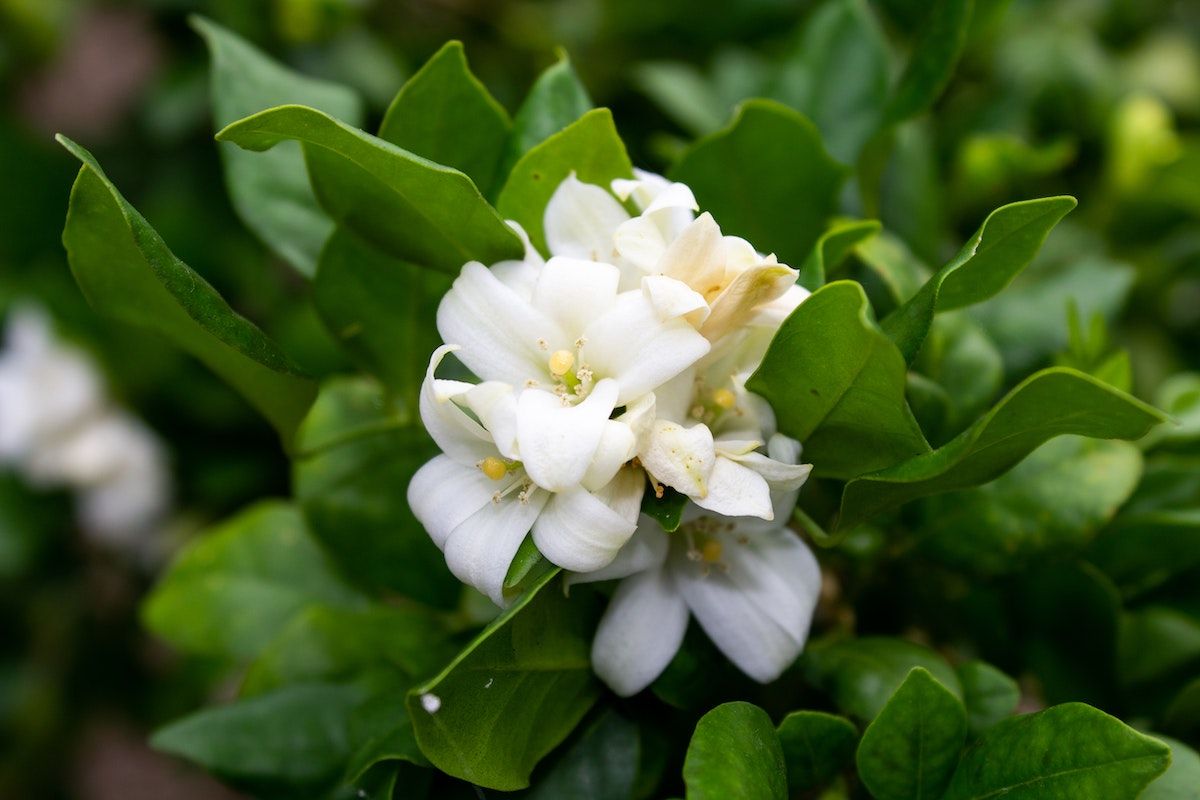
Snake plant
While most plants only release oxygen during the day, the snake plant emanates oxygen at night, helping purify the air while you catch your Zzzs. Nasa research has even shown the humble snake plant can remove toxins and irritants, such as formaldehyde and benzene, from our bedrooms, creating the perfect environment for an easy-breathing, sound night’s sleep. And the best thing? This is one hardy plant, needing little watering. While it likes the sunshine, it can live well in darker corners, too.
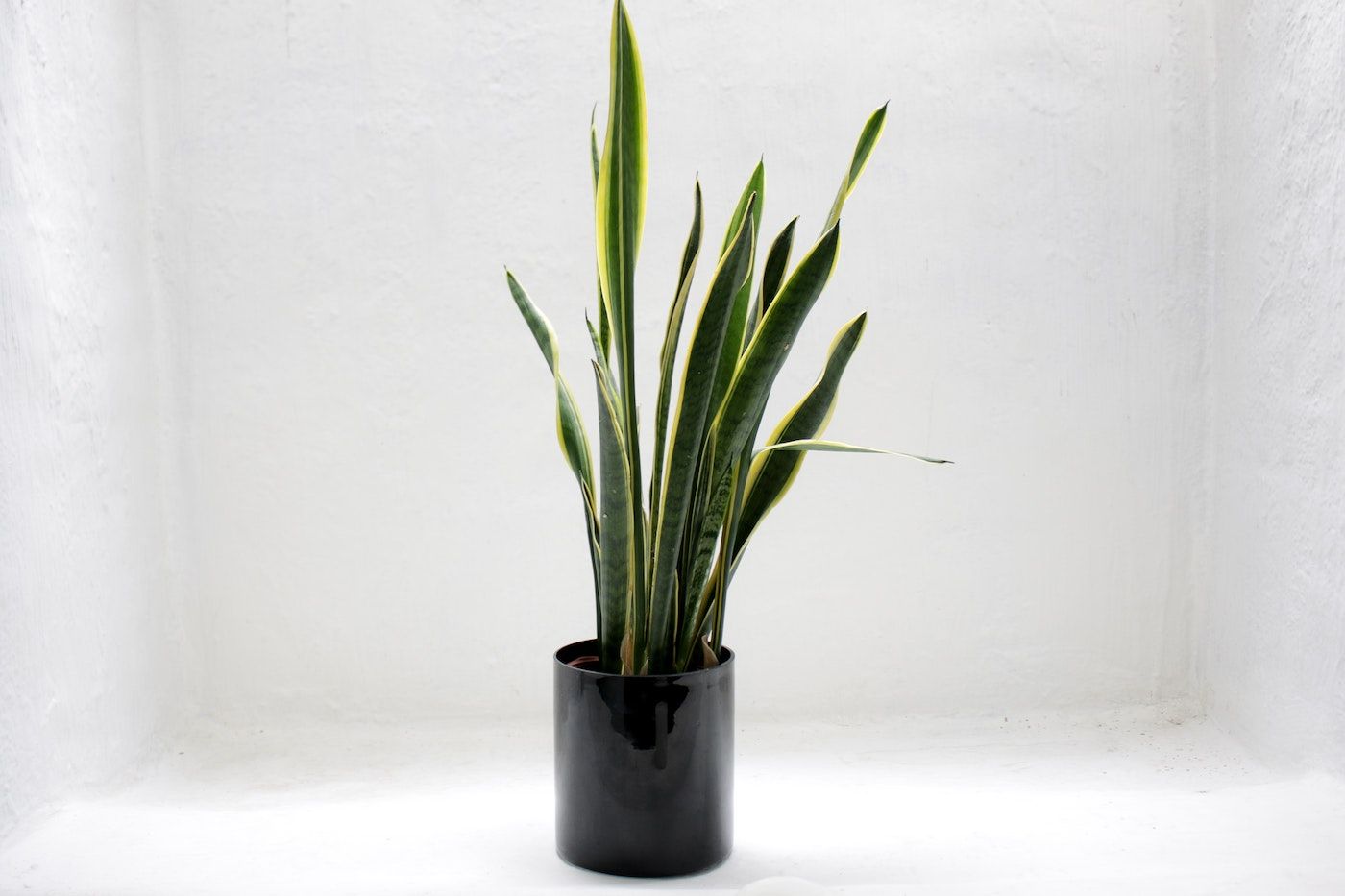
Aloe vera
Aloe vera loves to pump out oxygen through the night and take in your carbon dioxide while you sleep, making it perfect for the bedroom.
Air quality, and remove harmful pollutants such as formaldehyde, benzene, and carbon monoxide,” says Sleepopolis’ Carlie. “Better air quality can lead to better sleep, especially for people who suffer from allergies or asthma.”
The succulent hardly needs any water, just a drop every few weeks in summer, and less in winter. Position it somewhere with indirect light and a steady temperature. It’ll only outgrow its pot every two or three years.
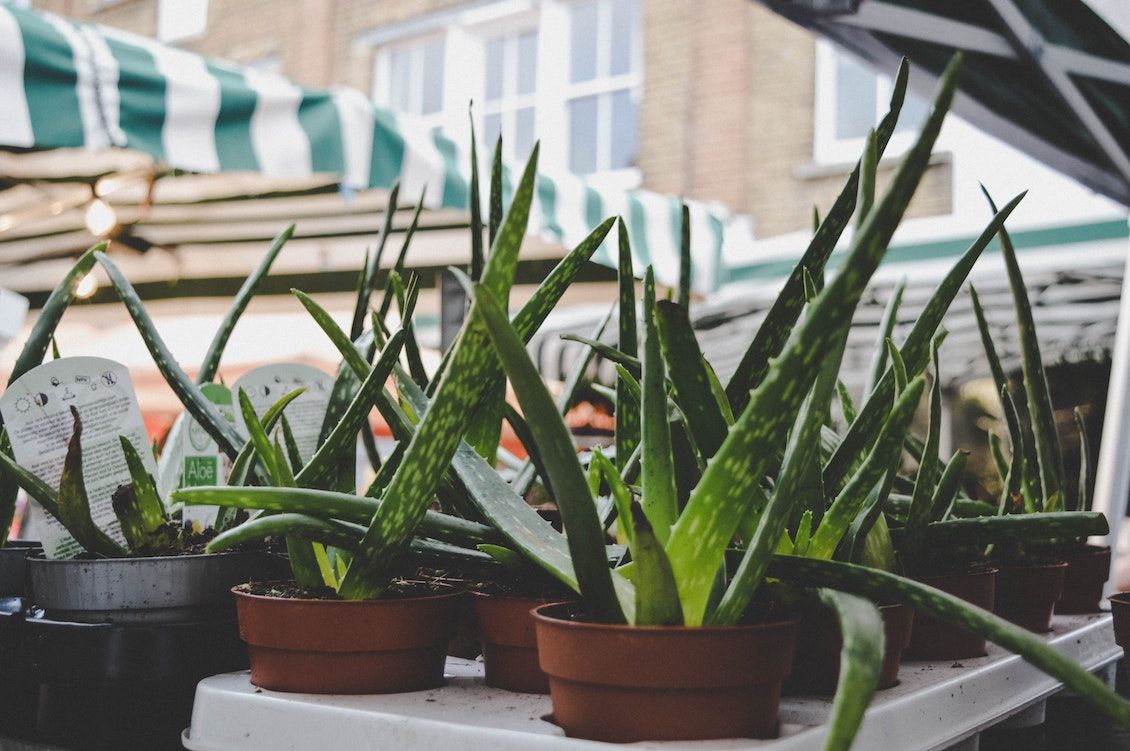
Spider plant
Spider plants are another detox marvel, removing formaldehyde, benzene, and carbon monoxide from the air. They’ve even been said to reduce headaches, fatigue, and colds due to their clarifying properties. A study by Kansas State University actually found hospital patients with the spindly-leaved plant required less pain relief and had less anxiety or depression.
For those inexperienced in gardening, the spider plant only needs occasional watering and doesn’t like direct sunlight.
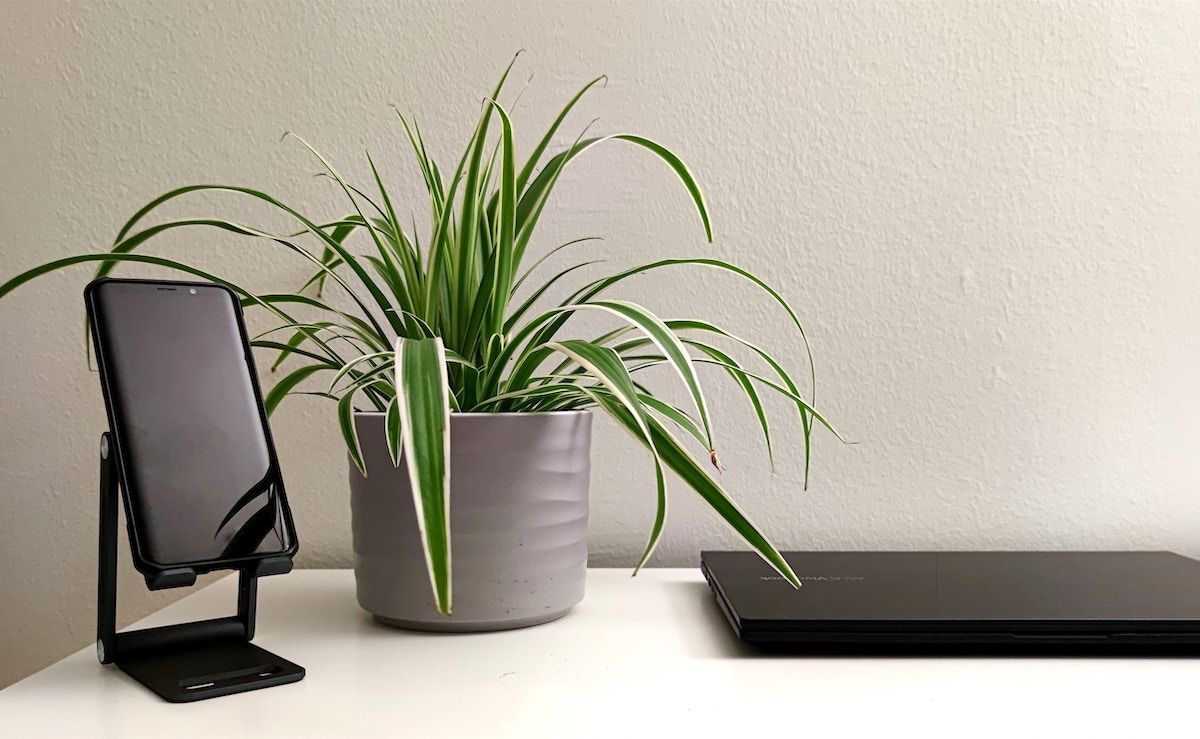
English ivy
For those with respiratory issues, ivy could be a gamechanger. It sucks up airborne mould, purifying the air and removing toxins that could trouble those with asthma or other breathing problems.
English ivy looks beautiful trailing down from shelves or cupboards. And the more leaves, the more mould it can remove, as well as benzene, trichloroethylene, and formaldehyde, which can aggravate eyes, nose, throat, and the skin.
It needs damp leaves at all times, which could mean regular spritzing with water. However, its soil doesn’t need much watering. But do watch out as English ivy leaves are toxic to animals, so avoid this one if you have pets.
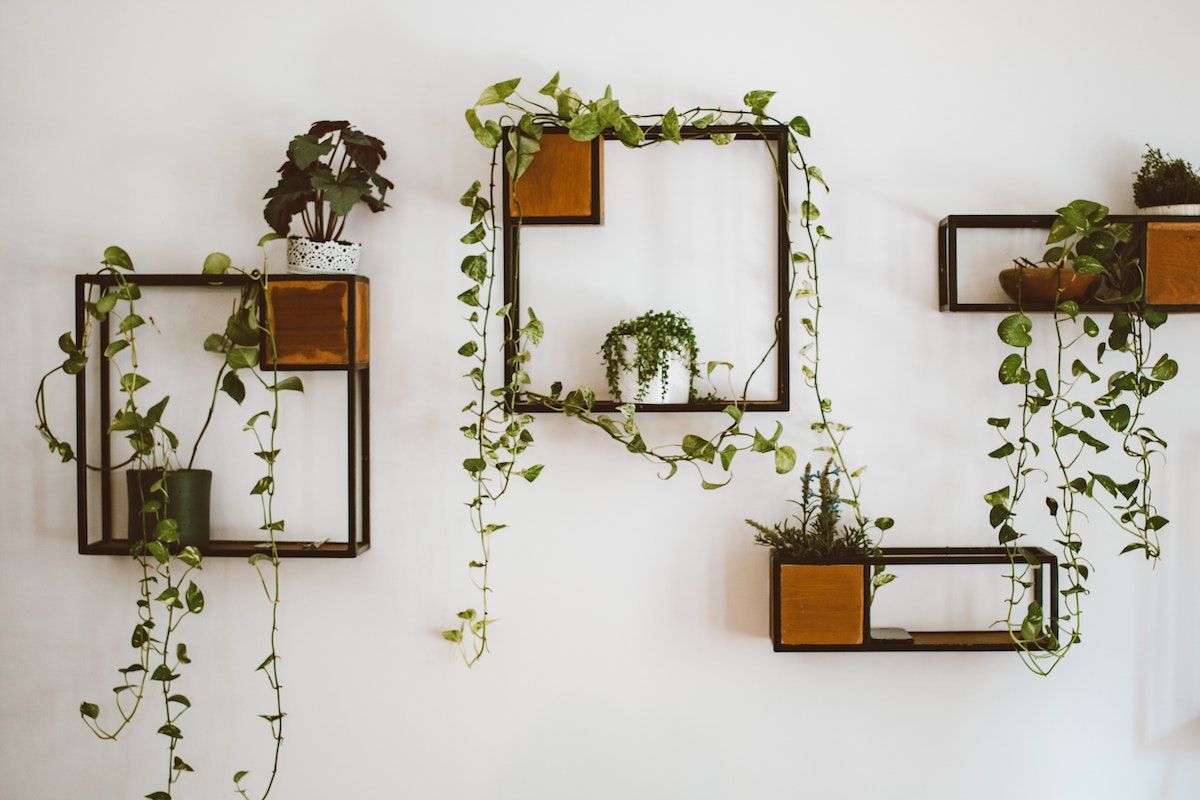
These sleep aids could transform your rest, but being close to nature is also known to reduce stress, and a walk in the woods can often bring clarity in difficult times. Even a tiny patch of greenery in a space to call your own can improve levels of the stress hormone cortisol – researchers at the University of Sheffield actually found adding a few shrubs to urban front gardens more than doubled the number of people with healthy levels. So embrace your green fingers. It could do more for you than just help you nod off.

